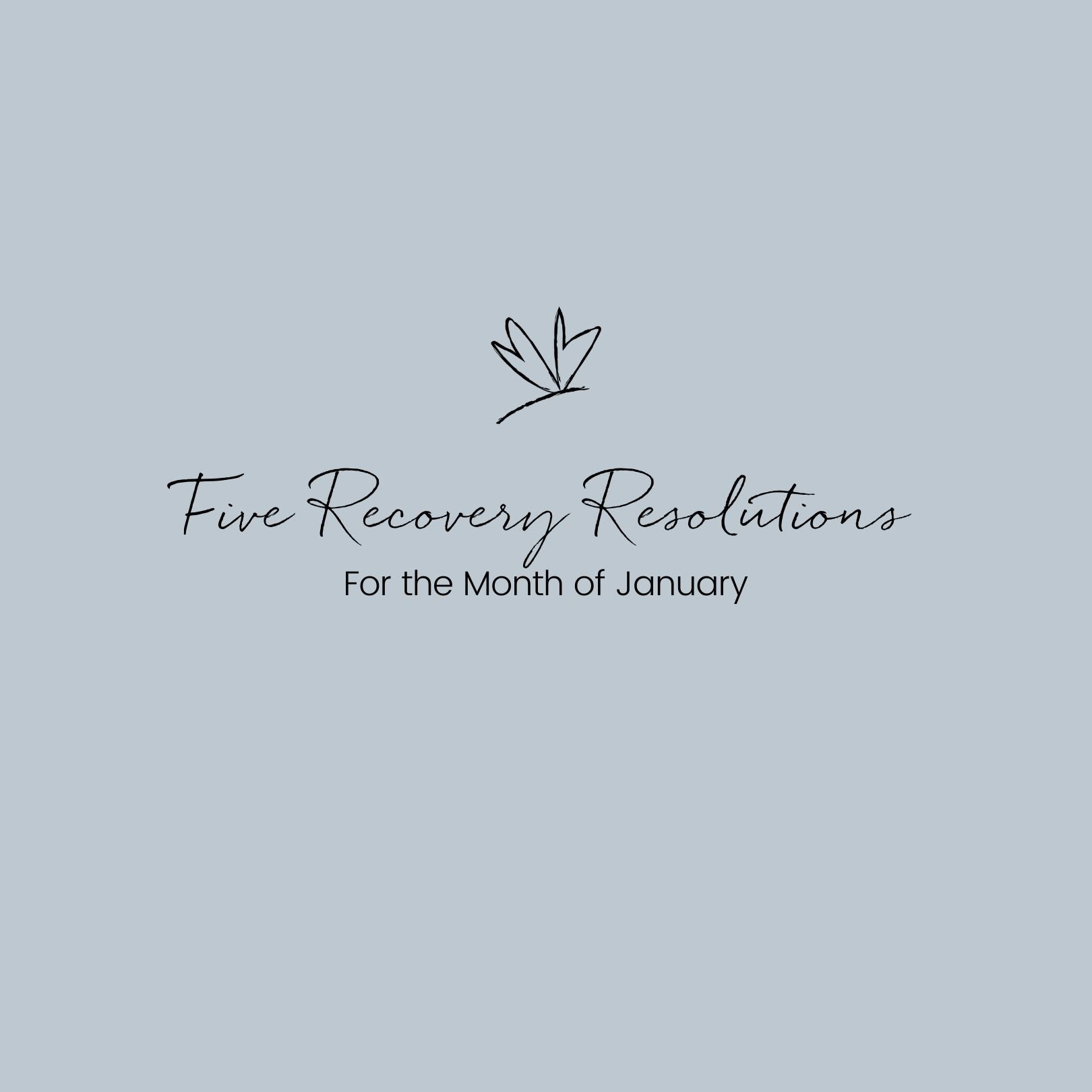Sharing is Caring…From the School Gates, to the Corporate Boardroom
Imagine a world where the very day you started experiencing a ‘mental health illness’ you were suddenly walking around with a visible arrow above your head, declaring ‘this person needs support’.
Imagine that even without you having to articulate your distress, a clear identifier was shadowing your every step, and making others aware of your altered mood, your inexplicable despair, and the need for increased compassionate understanding.
Perhaps you’d hate that idea. You might be the kind of person who couldn’t think of anything worse than having your angst on show to the world…but might more awareness help you gain the guiding hand on to a much needed recovery path?
This week has seen the UK’s departing Prime Minister state a commitment to training teachers in spotting early signs of mental health issues among young people.
Her vision is about prioritising ‘prevention’ and ensuring that schools – and their staff – have a responsibility, alongside others who interact in our lives.
For the most part, this has been met with applause and support. Indeed, quite rightly so.
The more people who share in our worlds and can be assisted in understanding the ‘creep creep, drip drip’ of an emerging mental health struggle, the better.
Why? Because early intervention is so essential in the likes of eating disorders, but also in so many other issues on the mental health continuum.
If a young person gets help at 12, 13 or 14, they stand a phenomenally higher chance of beating their battle – for good – than if a festered eating disorder becomes something which takes root and then allows more negative neural rewiring to manifest into adulthood.
But here’s the important thing we should all remember about helping others spot mental health signs: we then need to help families and individuals find the right doorways through which they can receive the support they need.
Right at the very time we’re hearing the news that teachers will be helped to spot signs of mental health illness, we’re also seeing stats from The Children’s Society about youngsters being unable to swiftly access mental health care.
So what do we do about this? How do we ‘fix’ the threat of more numbers reaching out for more over-burdened services, and having nowhere to go when they’re in critical distress?
Truthfully….it rests on the shoulders of us all.
- Jun 2019





